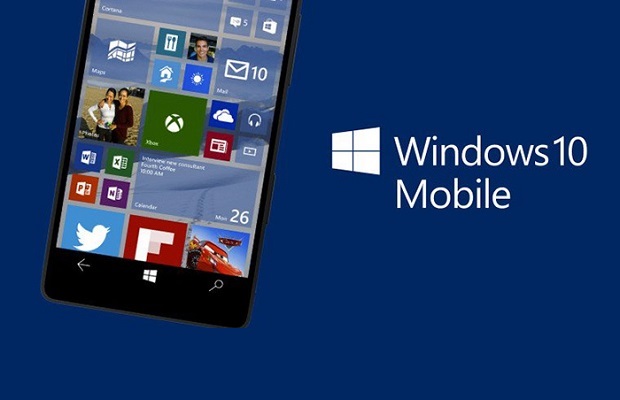Microsoft has confirmed that its Windows Phone will not get any more features or phones in the future, as the rival to Android and iOS failed to gain popularity among smartphone users.
Joe Belfiore, Microsoft’s vice president of Windows Experience, confirmed on Sunday that the company doesn’t plan new features or hardware for the the Windows 10 Mobile smartphone platform.
“Of course we’ll continue to support the platform.. bug fixes, security updates, etc. But building new features aren’t the focus,” he wrote in a tweet on Sunday.
Of course we'll continue to support the platform.. bug fixes, security updates, etc. But building new features/hw aren't the focus.
https://t.co/0CH9TZdIFu
— Joe Belfiore (@joebelfiore) 8 October 2017
Windows 10 Mobile tried to attract users by letting them run the same “universal apps” on both their PCs and handsets, but the concept failed to catch on.
The OS accounted for just 0.03% of the global market – based on smartphone shipments – between April and June, according to research company IDC.
Belfiore, who previously led the team responsible for “Phone/Tablet/PC versions of Windows”, revealed in August that he uses the Microsoft Edition of Samsung Galaxy S8, and now explained he switched to Android for the better choice of apps and hardware.
This appears to be similar to what Bill Gates has done after admitting he’d switched to an Android phone filled with Microsoft software.
One of the key problems for Microsoft was the lack of apps for its mobile platform. Belfiore said Microsoft had tried hard to attract developers, even to the point of building apps for them, but that there too few Windows mobile users for it to be viable.
“We have tried VERY HARD to incent app devs. Paid money.. wrote apps 4 them.. but volume of users is too low for most companies to invest,” he wrote.
We have tried VERY HARD to incent app devs. Paid money.. wrote apps 4 them.. but volume of users is too low for most companies to invest.
https://t.co/ePsySxR3LB
— Joe Belfiore (@joebelfiore) 8 October 2017
Microsoft CEO Satya Nadella has argued that the company isn’t out of the mobile hardware business, insisting that its HoloLens augmented reality headset is a mobile device.
However, Microsoft may not have given up on powering smartphones altogether.
Earlier this year, Windows Central reported the company was working on a new version of Windows 10 – codenamed Andromeda – that would run on all types of computer and make it possible for third-party apps to adapt without having to code a special “universal” version.
It said the OS was due for release next year, but suggested the code would not be offered as an upgrade to existing Windows 10 Mobile devices.

